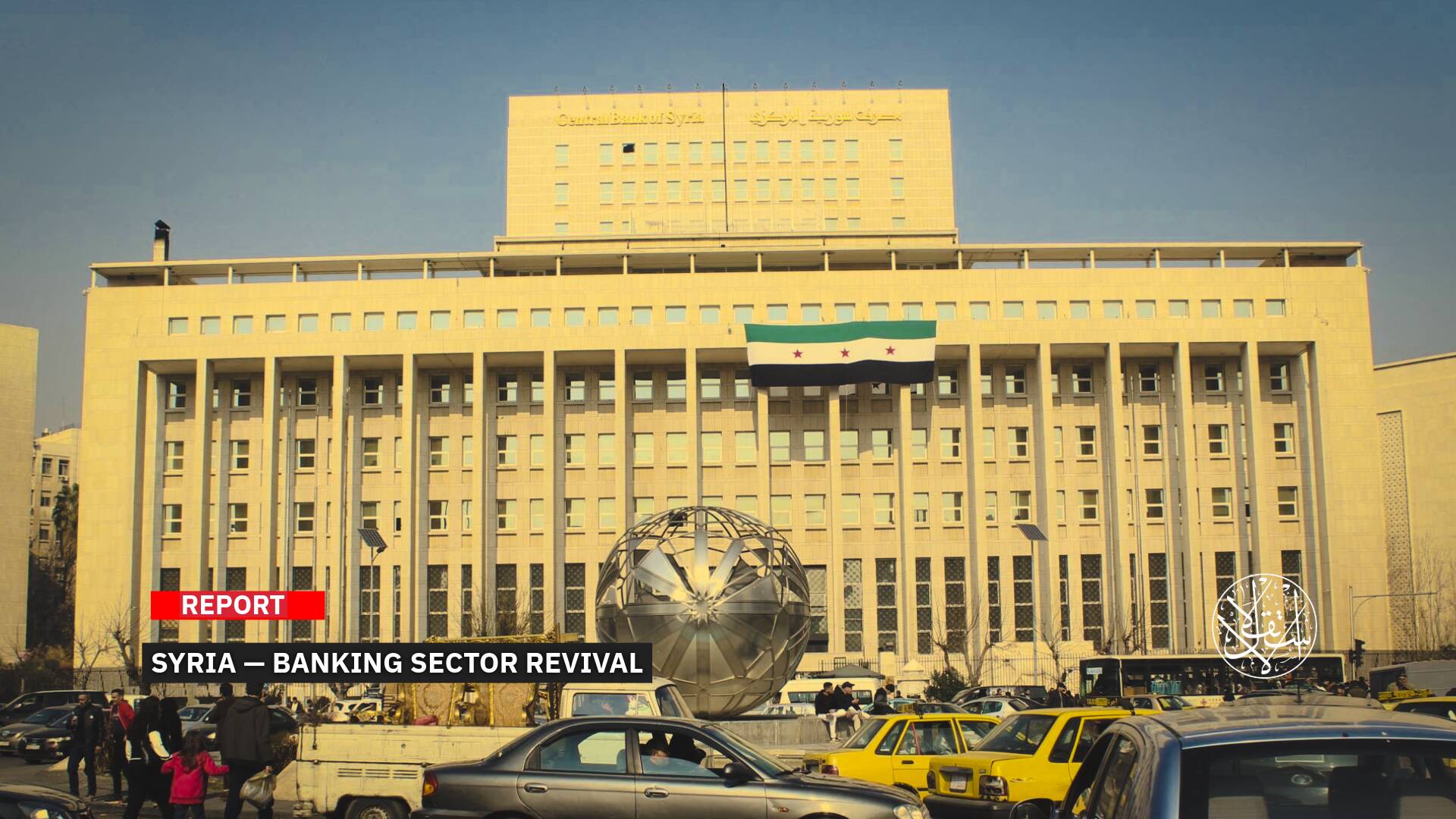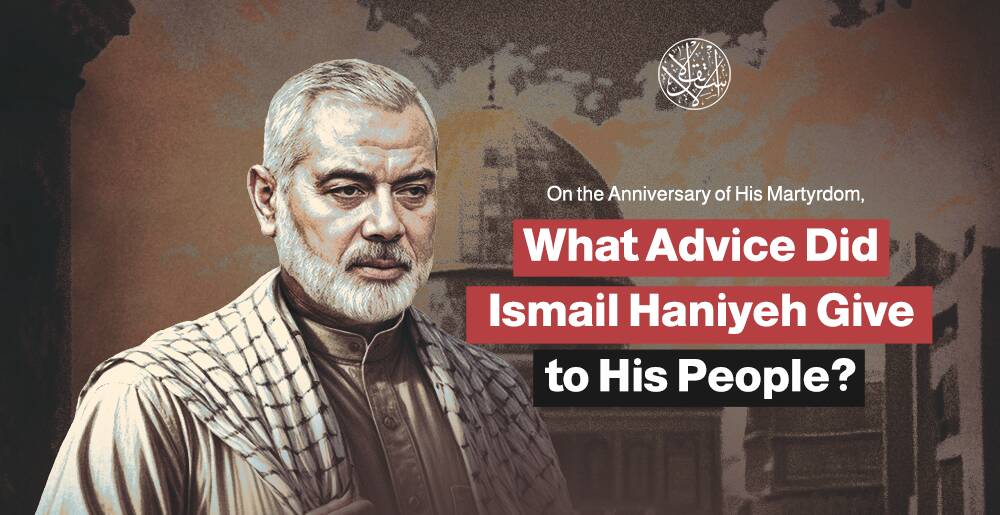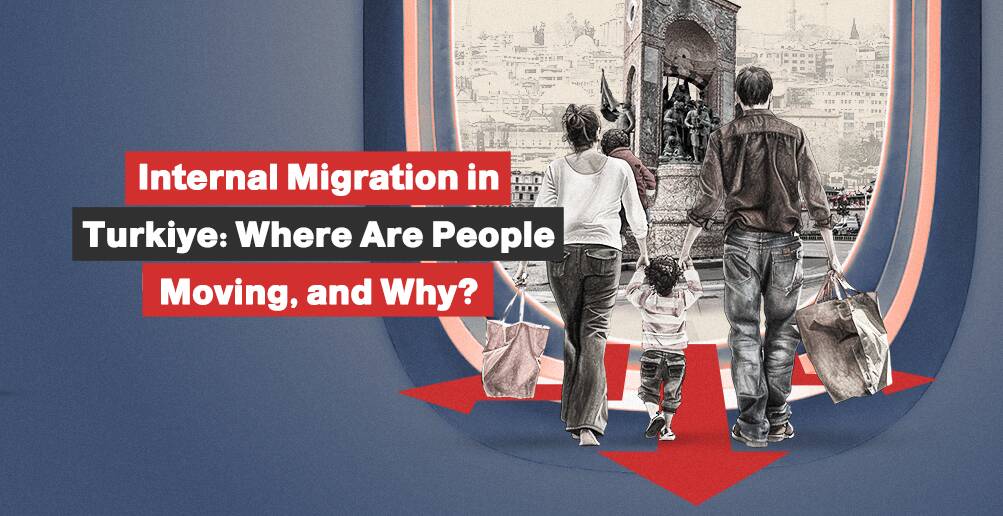Jimmy Carter's Legacy Sparks Controversy: Courageous or Weak American Leader?

“Jimmy Carter said the Israeli lobby destroys any politicians who dare go against it.”
Former US President Jimmy Carter has died at the age of 100, the Carter Center reported on December 29, 2024.
Carter faced several high-profile problems during his presidency, including poor economic conditions and the Iranian hostage crisis.
But in 1978, he played a pivotal role in reaching the Camp David Accords between Egypt and Israel, the first peace treaty between an Arab state and Tel Aviv, and in 2002 he was awarded the Nobel Peace Prize for his humanitarian work.
He was a Democrat and served as president from 1977 to 1981 after defeating then-Republican President Gerald Ford in the 1976 elections.
He was unable to win a second term, as he was defeated by his Republican rival, Ronald Reagan, the governor of California.
Carter's death sparked controversy on social media, as users differed over which Carter history will remember, with his name (#JimmyCarter) being a prominent hashtag on most social media platforms.
They pointed out that there is a story of failure for an American president who showed weakness and indecision in confronting Iran, which recorded its first victory in a series of victories over the United States during his term.
However, they pointed out that there is a success story for Carter, who devoted himself to peace throughout the 44 years following his departure from the White House.
National Day of Mourning
Global leaders and US politicians received the news of the death of former US President Jimmy Carter with great sadness.
Outgoing US President Joe Biden mourned Carter, noting that he was a man of principles, faith and humility, stressing that the United States will hold an official funeral for Carter on January 9, issuing a decree setting that date as a national day of mourning in honor of Carter.
US President-elect Donald Trump stressed that the United States owes the late president a debt of gratitude because he did everything he could to improve the lives of all Americans.
Former US President Barack Obama mourned his predecessor Jimmy Carter, considering that “the deceased taught us all what it means to live a life filled with grace, dignity, justice and service.”
Former US President George W. Bush praised Carter's post-presidential work through his charitable organization, including building affordable housing, public health and democracy around the world, noting that he is an exemplary model of service that will inspire Americans for generations to come.
UK Prime Minister Keir Starmer paid tribute to Carter, saying he had redefined the post-presidency with a remarkable commitment to social justice and human rights at home and abroad.
French President Emmanuel Macron mourned Carter, praising a man who defended the rights of the weak and contributed to spreading peace in the world.
German Chancellor Olaf Scholz said he was saddened by Carter's death, adding that the United States had lost a dedicated fighter for democracy.
Pro-Peace Leader
Carter's only presidency was marked by the conclusion of the Camp David Accords in 1978 between Egypt and “Israel”.
Egypt became the first Arab country to formally recognize Israel, in exchange for Israel's withdrawal from the Sinai Peninsula, which it had occupied during the June 1967 war.
Carter wanted to forbid Jews from living outside of Israel’s pre-1967 borders, which earned him the ire of many Jewish leaders. He also insisted that the agreement contain provisions for a future Palestinian state.
However, Carter's attempts to include a framework for addressing the Palestinian cause did not result in concrete action during his presidency, leaving tensions to persist.
After his presidency, Carter became a leading advocate of the two-state solution as a path to peace, calling on both sides to negotiate a peaceful settlement that respected the rights and security of both Israelis and Palestinians.
In his 2006 US bestseller ‘Palestine: Peace Not Apartheid’, Carter sharply criticized Israel's policies in the West Bank and Gaza Strip, comparing some aspects of the occupation to apartheid.
He argued that continued settlement expansion and treatment of Palestinians undermined the chances for peace.
These statements provoked a backlash, particularly from pro-Israel groups and some US politicians, who considered his language controversial or unfair, with some even calling it anti-Semitic.
In an interview with the Los Angeles Times about his book, Carter claimed he was being victimized by powerful Jews for having the guts to criticize Israel: he called it politically suicide for anyone to put forward a balanced position about Israel.
Speaking on Al Jazeera television, Carter airily dismissed real critiques of his book as being the unimportant whining of duplicitous Jews, declaring: “Most of the condemnations of my book came from Jewish-American organizations.”
Shortly before Carter's death, Peter Beinart, who is described as the most influential liberal Zionist of his generation, said that it was time for the former president's critics to apologize for the shameful way in which many important people received the book.
A user reposted a previous interview with Carter in which he said that Hamas is ready to negotiate fairly but Israel refuses to do so, adding that Israeli lobbyists destroy any politician who dares to oppose them.
Another user wrote that Carter was a very courageous president, noting that his reluctance to bend over backward for Israel is one of the reasons the October Surprise happened, where he was routed in his re-election campaign.
In turn, Amy Carter recently thanked human rights lawyer and former Democratic congressional candidate Qasim Rashid for highlighting her father’s historic support for Palestinian rights and his criticism of Israel’s apartheid regime.
Rashid wrote on Substack, an American online platform, that Carter asserted in his book that the main obstacle to peace between “Israel” and Palestine is Israel’s continued construction, with full U.S. support, of hundreds of thousands of illegal settlements.
British-American journalist Mehdi Hasan, who recently launched his own Media Company ZETEO after his show on MSNBC was canceled following his criticism of the Israeli attack on Gaza, shared: “8 critical Jimmy Carter quotes you won't see in most mainstream media obits".
Humanitarian Legacy
Carter gained worldwide fame as a tireless advocate for human rights, a voice for the dispossessed, and a leader in the fight against hunger and poverty, winning the respect that eluded him in the White House.
Carter won the Nobel Peace Prize in 2002 for his efforts to promote human rights and resolve conflicts around the world, From Ethiopia and Eritrea to Bosnia and Haiti.
World Health Organization Director-General Tedros Adhanom Ghebreyesus expressed his deep sorrow at Carter’s passing, noting that he had saved countless lives of people thanks to his efforts to combat diseases.
Prominent Islamic organizations in the United States also mourned former President Carter, expressing their appreciation for his humanitarian legacy and just positions.
The US Council of Muslim Organizations (USCMO) said that President Carter was a principled humanitarian who warned the American public about the harmful influence of pro-Israel lobby group AIPAC and the Israeli government's intent on entrenching a colonial apartheid state on Palestinian land.
“President Carter was a friend of the American Muslim community and a champion for many just causes,” said Nihad Awad, executive director of the Council on American-Islamic Relations (CAIR).
Amid a wave of praise for Carter, writer Lain Dale had a different take in The Daily Telegraph, writing ‘Let’s be honest, Carter was a terrible president’.
Conservative political strategist Scott Jennings did not sugarcoat his assessment of Carter's legacy.
He appeared on CNN and accused the former president of having a huge ego, meddling in U.S. foreign policy, and dabbling in antisemitism.











